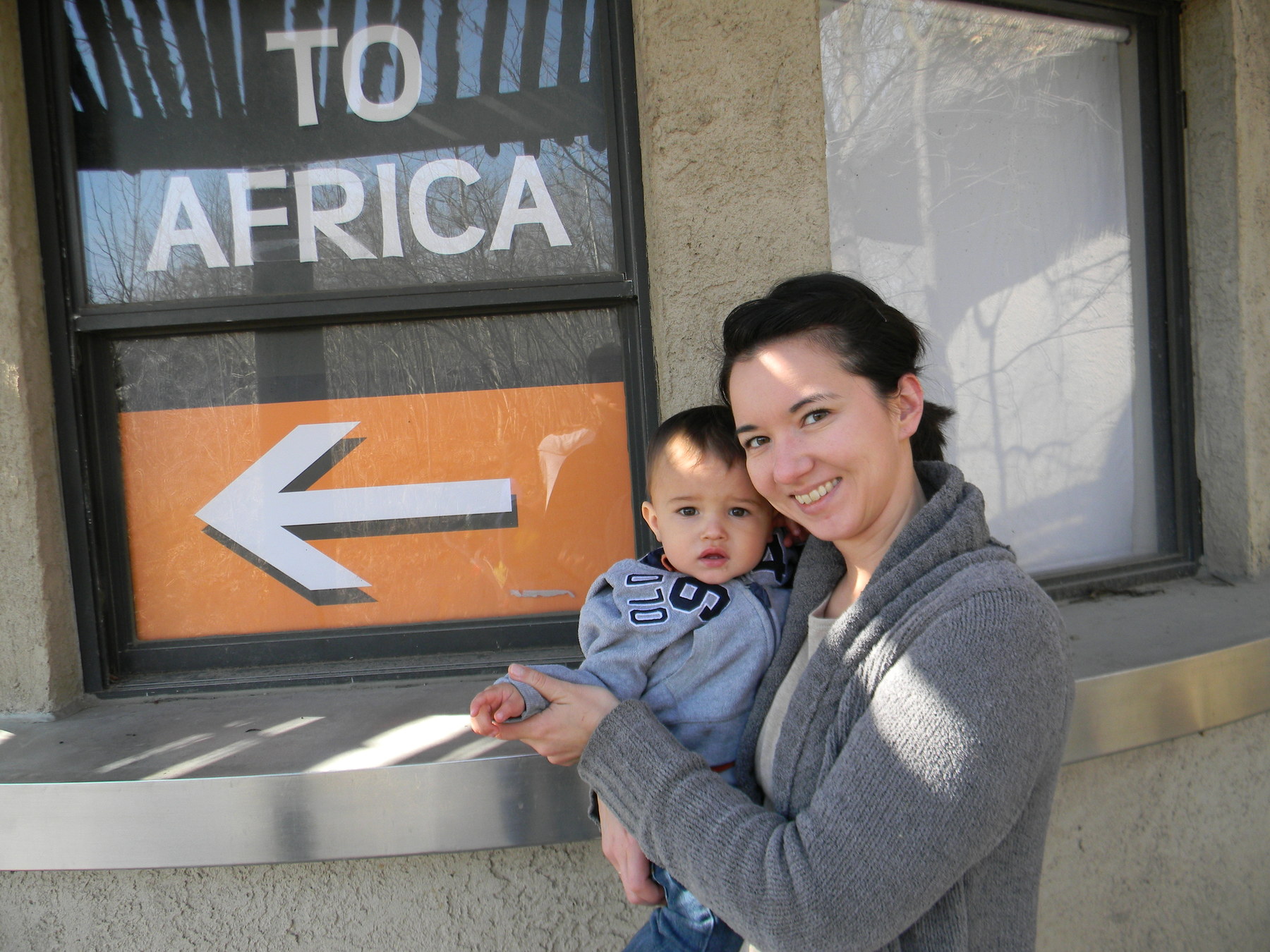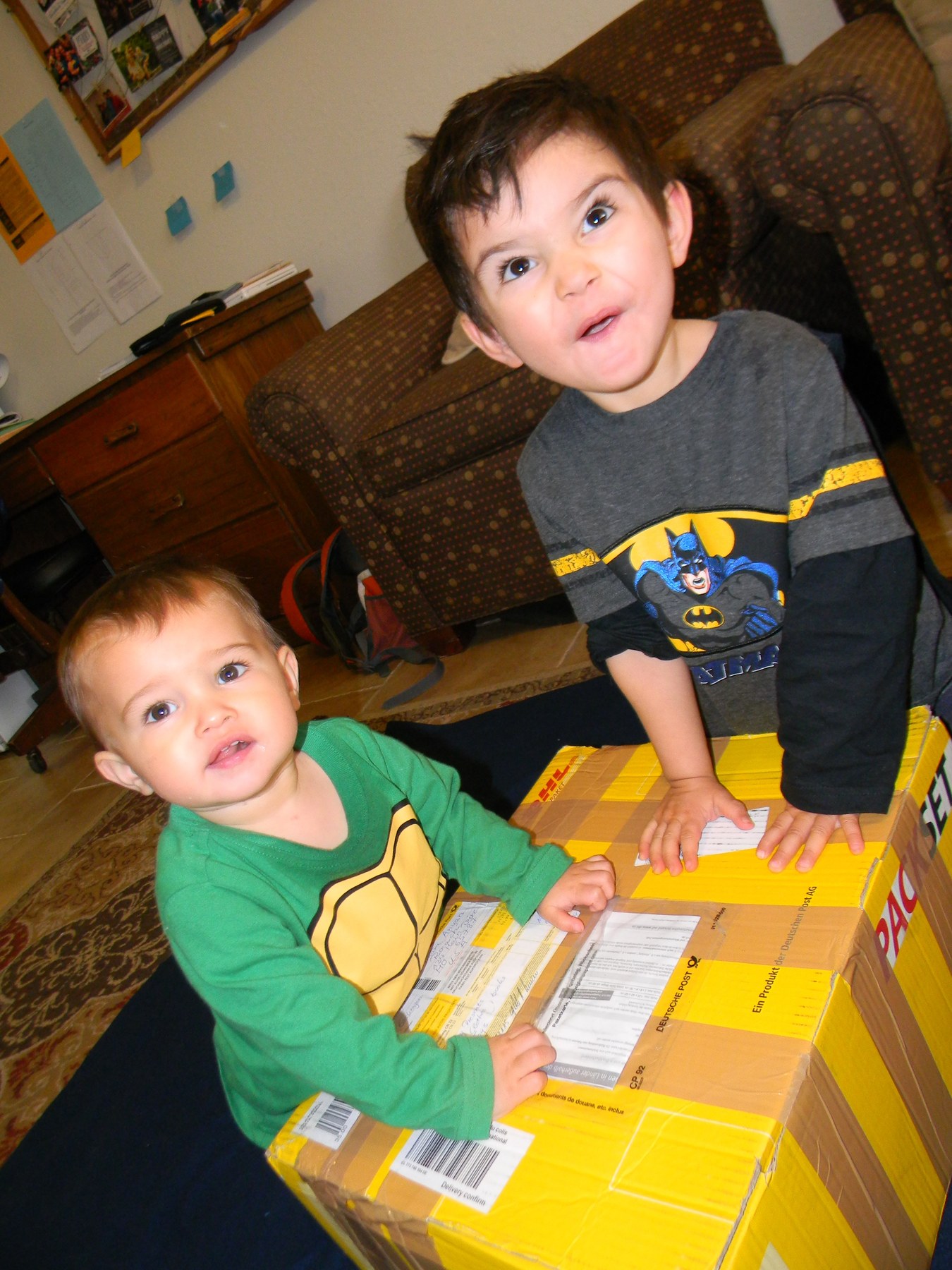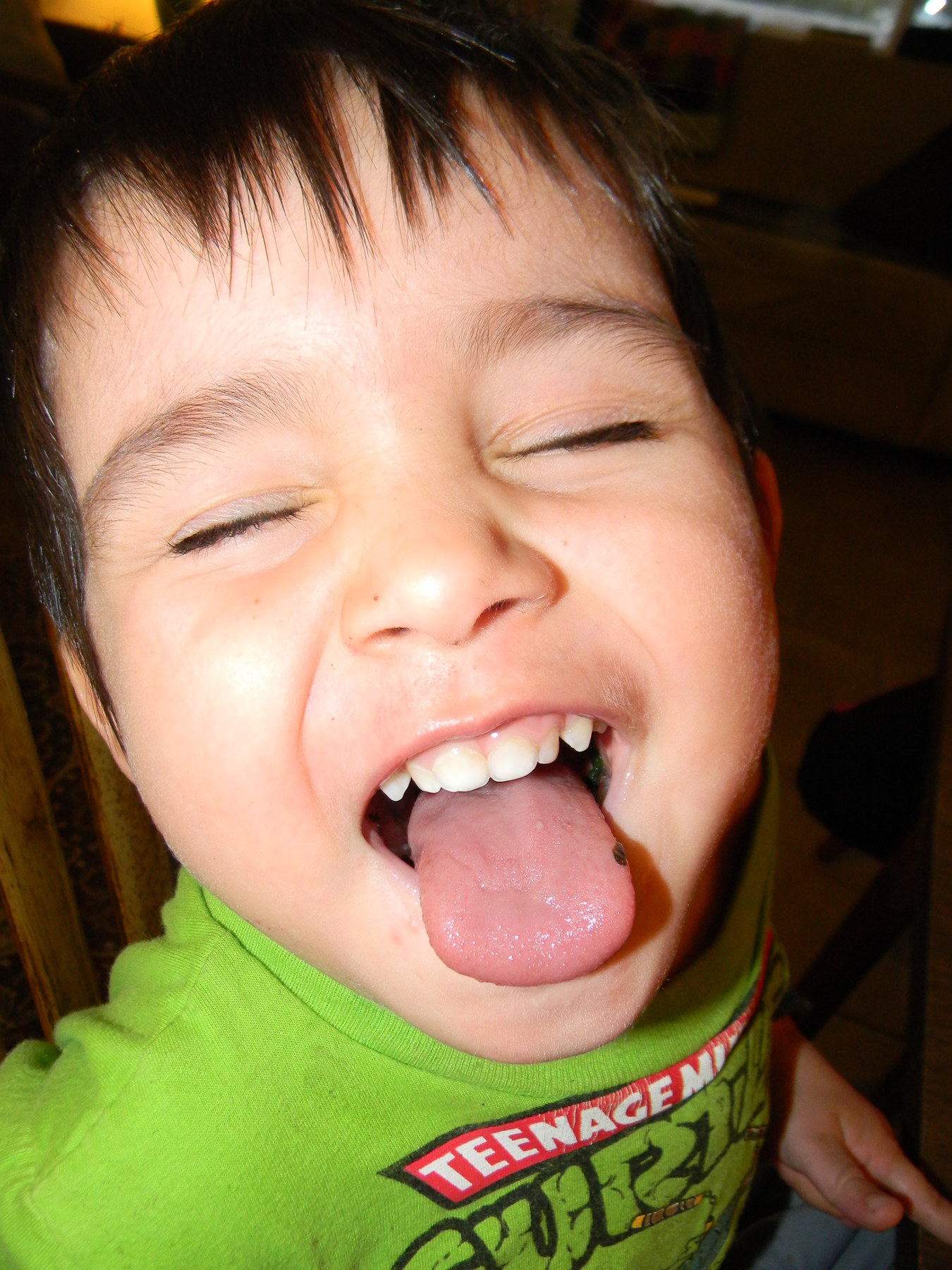This is a post for all of you out there who are raising bilingual children, are thinking about raising bilingual children, are going on the mission field and want their kids to learn the national/tribal language (or both), or if you are just interested in what life with bilingual (and often confused) children looks like.
Here are some tips & tricks from our short 3 years of experience in raising our boys in German and English:
1. Pick a Strategy
The 2 most common strategies are the following:
– OPOL = One Parent One Language. One parent speaks the majority language to the children; the other parent speaks the minority language. If there are 3 languages to learn, one parent speaks the first minority language, the other parents speaks the second minority language, and the “outside world” teaches the kids the majority language.
– ML@H = Minority Language @ Home. This is what we chose to do. The minority language (German, in our case) is spoken at home. BOTH John and I speak German to the boys and mostly German to each other. This, of course, often requires one spouse to learn the minority language, which I would recommend no matter which strategy you choose. There’s so much value in learning your spouse’s heart language!!!

2. Choose One Mastery Language
The goal of bilingualism is NOT creating adults who are semi-lingual in two or more languages and have not achieved mastery in any of them. Sadly, this is often what happens: the children can converse in several languages but have not reached a capable academic level in any of them. Then, the bilingualism becomes a disadvantage rather than the blessing it can and should be. So here’s my recommendation: Make a conscious choice as to what your mastery language will be. For us, that’s English for several reasons: there are a lot more homeschooling resources in English, both John and I have mastered it, and college in the States (in the far distant future) is more likely than college in Germany. The goal is still to teach them to speak, read, and write correctly in German.
3. LOTS of Exposure!!!
Books, music, movies, nursery rhymes, Skype, talking their little ears off…as much exposure as possible in the minority language!

4. Practice Persistence
“Sag’s auf Deutsch,” (“Say it in German”)was a constant mantra in our home for about 6 months until Judah learned to mostly speak German to us. At times, it felt frustrating to keep encouraging (or forcing) him over and over again and to see very little progress. BUT progress came and it will be so worth it if you want your child not only to comprehend the language but also produce it and communicate in it effectively.

5. Expect Mistakes
All children make mistakes when they learn to speak. Bilingual kids have double the chance to make mistakes. Expect a delay in speech (for some kids) and a mixing up of grammar and syntax rules… Judah, for example, uses English plural rules for German nouns. He just adds an -s to everything: “Blumens,” “Schuhes,” “Tigers”… which, if you know German, is not the way German makes plural nouns. With lots of exposure and gentle correction, they WILL learn the right way to say things!

Most importantly, ENJOY raising your children who may be a little confused, may sound a little funny, may not communicate as well as their peers, but are given a gift to truly last a lifetime!